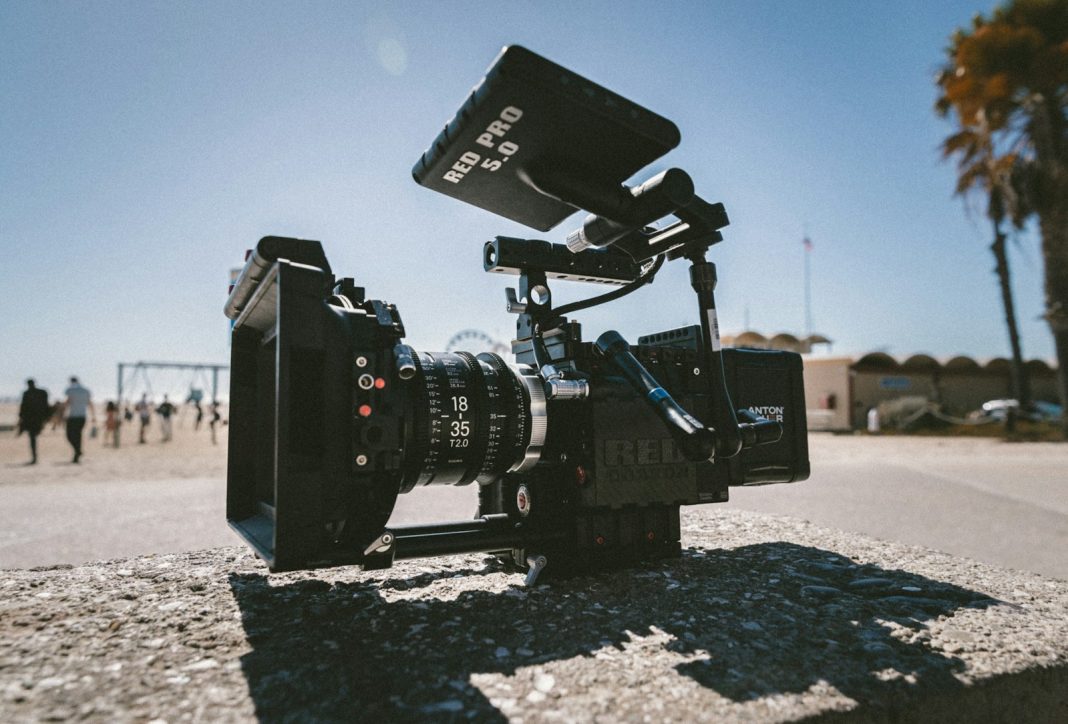In a cinematic tale that unfolds with chilling precision, Ridley Scott’s direction brings to life the bone-chilling spectacle of Napoleon Bonaparte’s strategic brilliance on a frozen field in central Europe. The trailer for “Napoleon” teases a harrowing sequence portraying the French emperor’s triumphant trap for the forces of the Austrian and Russian empires.
Amidst the snow-covered landscape, Napoleon’s army, strategically positioned amidst a dense cluster of trees, sets a meticulous trap. With a vantage point that exudes both power and cunning, they calmly observe as the enemy forces unwittingly stumble into a devastating massacre.
The ensuing chaos sees thousands of men and horses attempting to flee from the relentless assault of Napoleon’s artillery. Amidst the tumult, a crucial moment arises as the Russian army, in a desperate bid to retreat across a frozen lake, falls prey to Napoleon’s cunning. The cannons are aimed precisely at the ice, leading to a heart-wrenching scene where man and beast alike meet a frigid, horrifying end as the ice shatters beneath them, plunging them into icy waters.
Under Scott’s deft direction, the audience is brought face-to-face with the horror of this historical moment. Joaquin Phoenix’s portrayal encapsulates the gravity of the scene as a lone Russian officer, carrying his nation’s flag, races against time on horseback in a futile attempt to escape Napoleon’s dominance. The poignant image of the flag fluttering in the sunless sky is eclipsed by the final blow from Napoleon’s cannon, consigning horse and rider to a descent into darkness, symbolized by the collapsing ice serving as a vast, icy coffin.
This cinematic portrayal captures the grim reality of Napoleon’s greatest victory, marking a catastrophic slaughter of his formidable opponents outside the small town of Austerlitz on Dec. 2, 1805. It stands as a testament to Napoleon’s assertion of dominance over Europe, a legacy immortalized by Ridley Scott’s portrayal.
However, as the trailer concludes with Napoleon’s self-assured voiceover, boasting, “I’m the first to admit when I make a mistake. I simply never do,” the irony is not lost on those familiar with Napoleonic history. This triumphant scene, while a dramatic highlight, might diverge from the nuanced complexities revealed by modern historians.
The Battle of Austerlitz was indeed a pinnacle of Napoleon’s tactical prowess. Despite facing greater numbers from the Austrians and Russians, Napoleon orchestrated a masterful trap, deceiving his enemies into believing in his weakness. By strategically concealing his forces and feigning vulnerability, he lured the enemy into a fatal misstep.
The historical backdrop reveals Napoleon’s cunning maneuvers, including misleading information about his army’s condition and even theatrical performances to deceive his adversaries. His calculated tactics culminated in the devastating defeat of the Allied forces, forcing a humiliated Austria to sign a peace treaty with France shortly after the battle.
Scott’s depiction in “Napoleon” captures the essence of this historic event, showcasing Napoleon’s tactical genius while also inviting a critical re-examination of the historical narrative. While the cinematic portrayal captures the brutality and strategic brilliance of Austerlitz, modern scholarship unveils a more intricate web of political maneuvering and tactical mastery that shaped this pivotal moment in history.
As Scott’s film promises a vivid retelling of this monumental event, it beckons audiences to witness history through a lens that juxtaposes Napoleon’s triumph with the intricate subtleties of the past, inviting a deeper exploration of the complexities surrounding one of history’s most decisive battles.


